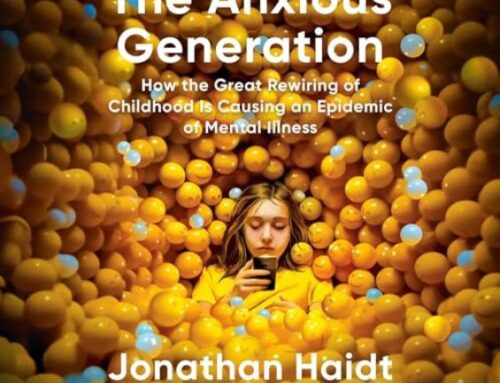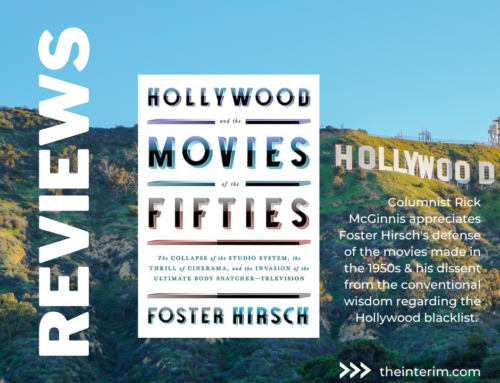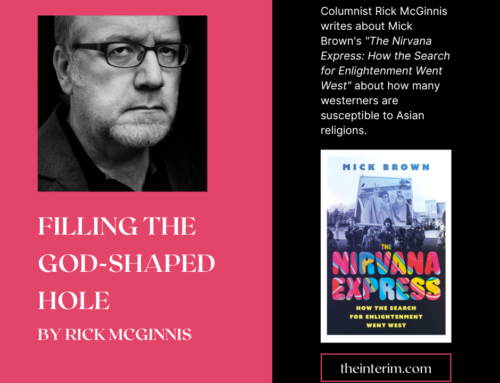When Cardinal Jorge Mario Bergoglio of Buenos Aires stepped onto the balcony at St. Peter’s Square last month, he helped provide a satisfactory conclusion to a ritual that – as we were told repeatedly in the thicket of media coverage – is watched with fascination both within and without the Catholic church.
That may be true, though as much as I want to believe that millions of non-Catholics are responding to the spiritual urgency of a papal election, it might have more to do with the fascination that normal people persist in having for monarchs, their offspring, heirs, and dynastic melodramas. It isn’t often, after all, that we get to see a coronation, and the Catholic Church obliges by providing one at least once every generation.
The nearly-unprecedented abdication of Benedict XVI from the papal throne earlier this year put into motion the strange pageant of the papal conclave, a grand ritual that has, at its heart, an election that happens behind closed doors and as near as possible away from the posterity-seeking eyes of the media. Mysterious it might be, but it has been an irresistible subject for movies, at least two of which pivot on the drama of a conclave.
The Shoes of the Fisherman (1968) was made in the middle of both the Cold War and the social agonies of the ‘60s counterculture. That it’s a bit dated should be a foregone conclusion, but a young viewer today might be impressed (by which I actually mean appalled) by the film’s ponderous pacing. American columnist James Lileks described it recently as one of those films that was delivered like “An Important Cultural Event.” Back in the age of three television stations and phones wired into walls this meant a movie with an overture and an intermission, big name stars from all over the globe and sets filled to bursting with nameless extras.
The Shoes of the Fisherman delivered all that, but as Lileks notes, “it delivers in the sense of large crates being removed from a cargo ship by sleepwalking stevedores.” It starred Anthony Quinn as a Ukrainian bishop recalled from the post-Stalin gulags by a frightened Soviet premier to be Russia’s voice at the Vatican, as he watches his communist neighbour in China prepare to attack over their borders to alleviate the sort of catastrophic famine that usually resulted from some office of central agricultural planning setting targets for harvests that wildly outstrip the capacity of either farmers, the land or plant biology itself.
It isn’t long before Quinn’s newly minted cardinal finds himself taking part in a conclave after the sudden death of the Pope – a conclave that mires in stalemate and repeated black smoke from the Sistine chimney until Quinn impresses his red-robed peers with a story from the penal camps that makes them imagine him as exactly the sort of leader the Church needs in a troubled time.
The conclave is the main event and conclusion of the first half of this three-hour-plus film. A papal conclave is the whole framing event for a more recent film, Nanni Morretti’s Habemus Papam (2011), a picture by Italian director Nanni Moretti that centres on a cardinal who finds himself unwilling and unable to assume the mantle of Peter.
The conventional wisdom is that nobody since the Borgias ever actually wanted to become Pope, and that conclaves are mostly about finding a two-thirds majority that elevates one of the men locked in the Sistine Chapel to a job that none of them want. In The Shoes of the Fisherman, Quinn takes to his feet to plead with his fellow cardinals for mercy, as they rise and converge on him under Michelangelo’s frescos like a press gang – or a lynch mob.
In Moretti’s film, as the men sequestered in the chapel vote, the soundtrack fills with their internal voices in a multitude of languages, all pleading in prayer: “Not me.” When Michel Piccoli’s hapless Cardinal Melville is chosen, he almost makes it to the balcony before a panic attack sends him running away from the Vatican and the conclave, where the cardinals and spokesmen have to maintain a fiction that the elected but unnamed Pope is merely in prayerful retreat.
Quinn’s Pope knows that he will have to confront a world prepared to solve geopolitical problems with nuclear solutions; Piccoli’s Melville only seems to struggle with his inadequacy to the task at hand, while viewers are supposed to intuit what awaits him outside the locked door of the conclave and the balcony overlooking the thronged square; the same doctrinal feuds, fiscal and bureaucratic corruption, sexual scandals and hostility from the increasingly militant – both secular and Islamic – that were waiting for the newly-elected Francis behind the cheering crowds this month.
As he gazed down on those crowds for the first time as Pope, with a look that I could only interpret as both embarrassed and defiant, I hoped that he was up to a task that he must know will ultimately lead to imperfect solutions in a fallen world, inevitably misinterpreted by people from the camps of both friends and enemies. I want him to succeed because failure will be cataclysmic, but I wish the world could focus its attention on what will happen in the long, very uncinematic trials of the Pope that happen after the credits have rolled.





